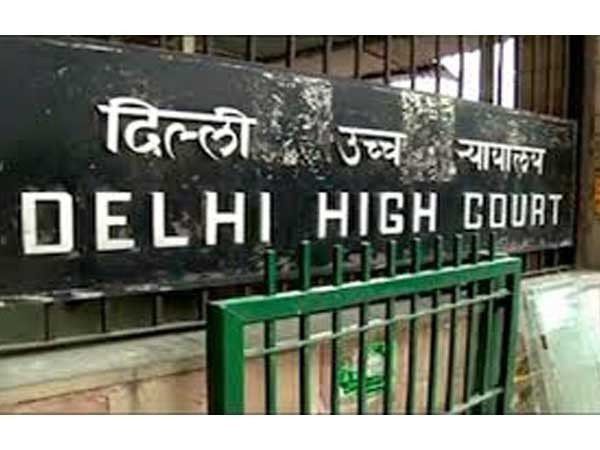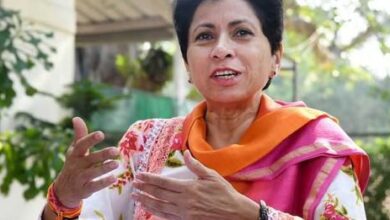Excise “scam”: The Delhi High Court has scheduled Kejriwal’s appeal against the ED summons on May 15
Chief Minister Arvind Kejriwal’s plea contesting the summonses he received from the Enforcement Directorate (ED) in relation to its investigation into a money laundering case involving excise policies was scheduled for hearing by the Delhi High Court on Monday, May 15.

The AAP leader was detained by the agency on March 21 after the high court denied him temporary protection from coercive action. A bench led by Justice Suresh Kumar Kait gave him time to write a rebuttal to the reply provided by the ED.
The ED’s legal representative said that because Kejriwal was already detained in connection with the money-laundering investigation, the plea had become futile.
“The preliminary issues (of) how the matter is (now) infructuous are addressed in the affidavit,” the speaker said.
The agency’s attorney informed the court that Kejriwal had contested the arrest in a different petition, which the high court had rejected. His appeal is still ongoing before the Supreme Court.
The court then questioned “what is left in the matter,” including Justice Manoj Jain.
Senior legal representation for Kejriwal said that he will submit a reply to the ED’s statement, stressing that the anti-money laundering agency’s “initial action” was not in compliance with the legislation (PMLA).
“The petitioner’s senior attorney requests more time to submit a rebuttal. Give it a go in two weeks, the judge said.
Following the ED’s eighth summons, the AAP national convenor went to the high court, requesting an appearance on March 21. On March 20, the high court bench requested that the ED provide a response about the petition’s maintainability.
The next day, it requested that ED address Kejriwal’s application for immunity from arrest as well, stating that “at this stage” it was not inclined to provide him with any temporary respite. Later that evening, Kejriwal was taken into prison by the ED and is now being held in judicial custody at Tihar Jail.
According to the federal inquiry agency, Kejriwal was in contact with other defendants in the case while he was designing the now-canceled excise policy that gave them excessive advantages and paid bribes to the Aam Aadmi Party (AAP).
Kejriwal has also contested the constitutionality of other PMLA clauses, including those pertaining to arrest, interrogation, and bail granted, in his suit.
He has brought up a number of topics, one of which is whether the anti-money laundering statute applies to political parties. It said that in order to “skew the electoral process in the favour of the ruling party at the Centre,” “arbitrary procedure” under the PMLA was being utilized to create an unfair playing field for the general elections.
The appeal said that the ED has been “weaponized” since it is under the authority of the Union government and that the petitioner is a “vocal critic” of the governing party and a partner of the opposition INDIA group.







